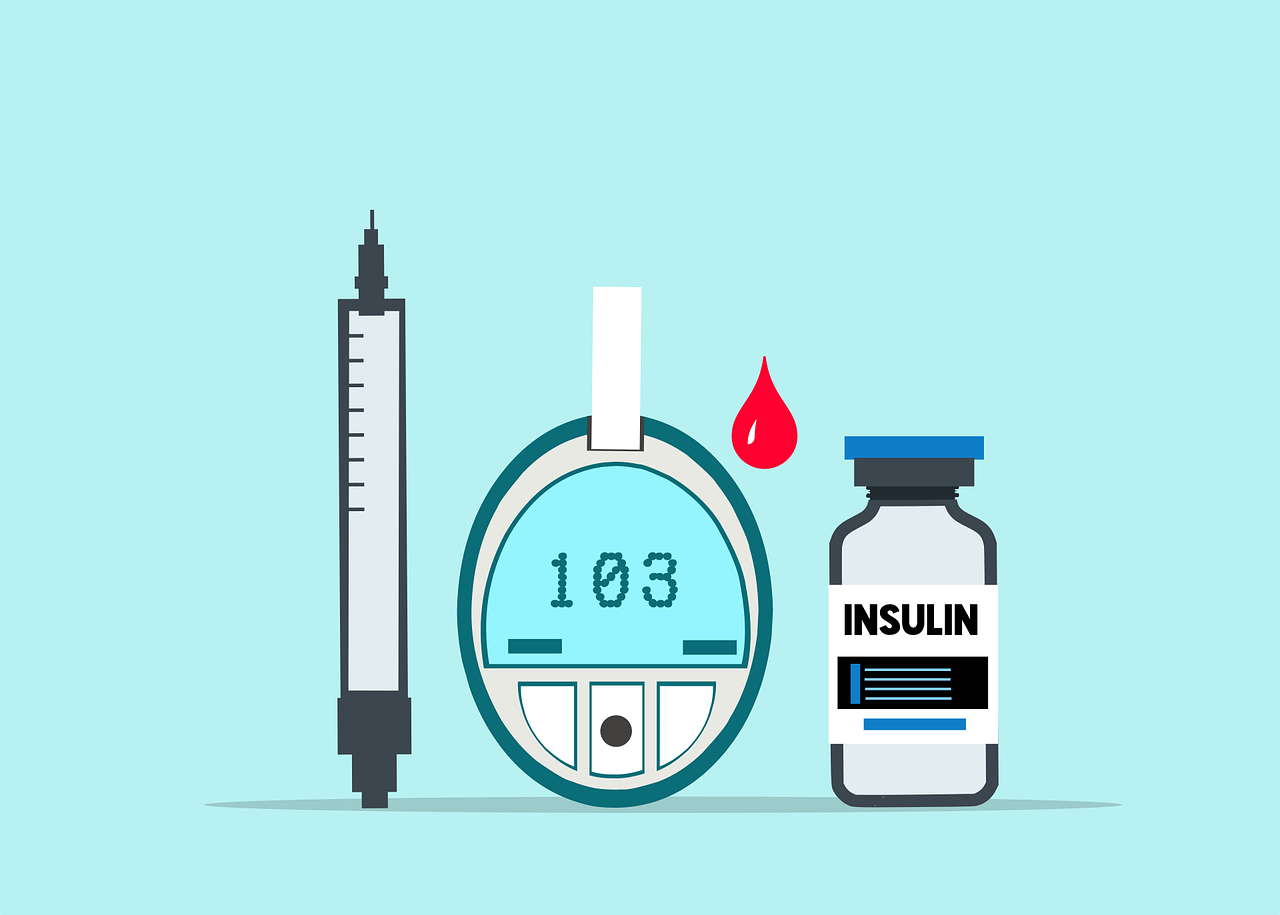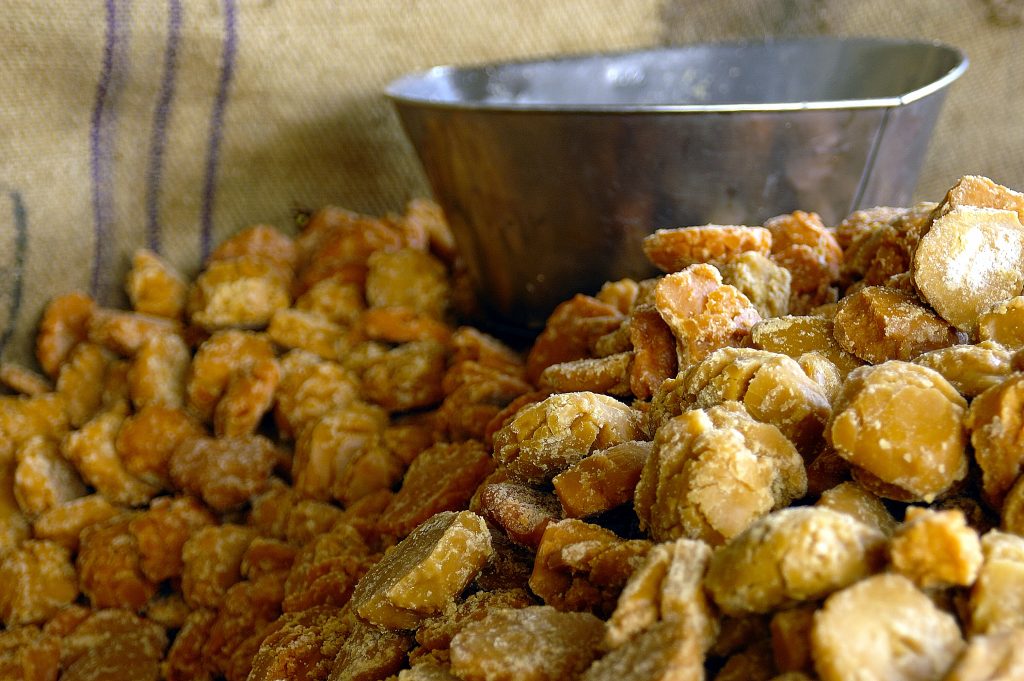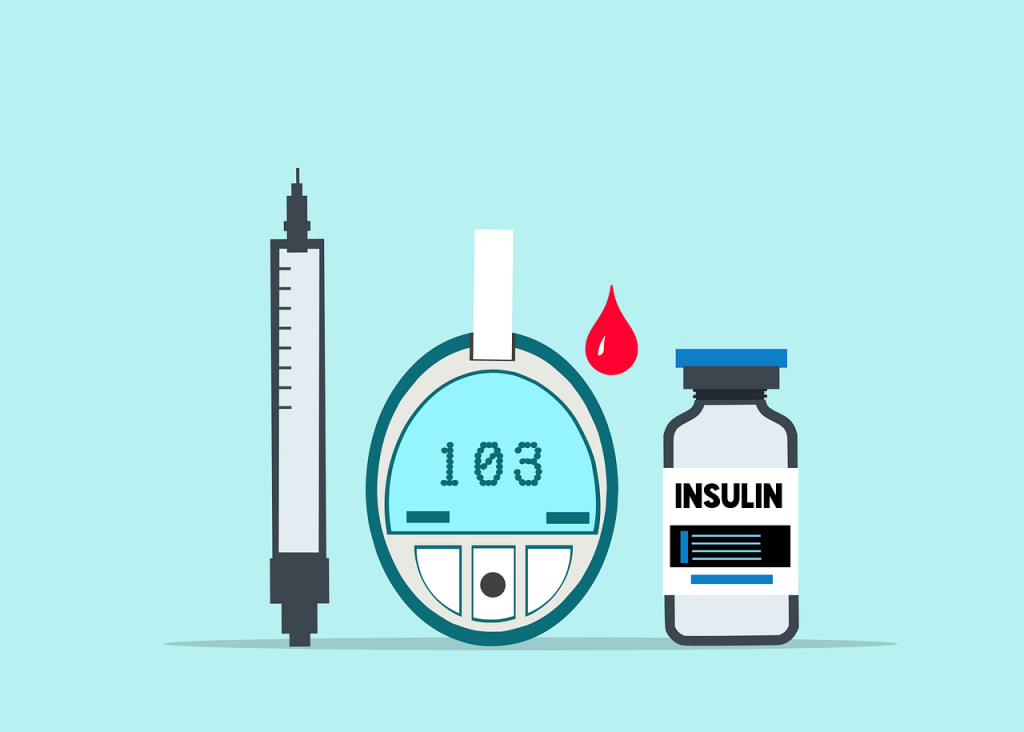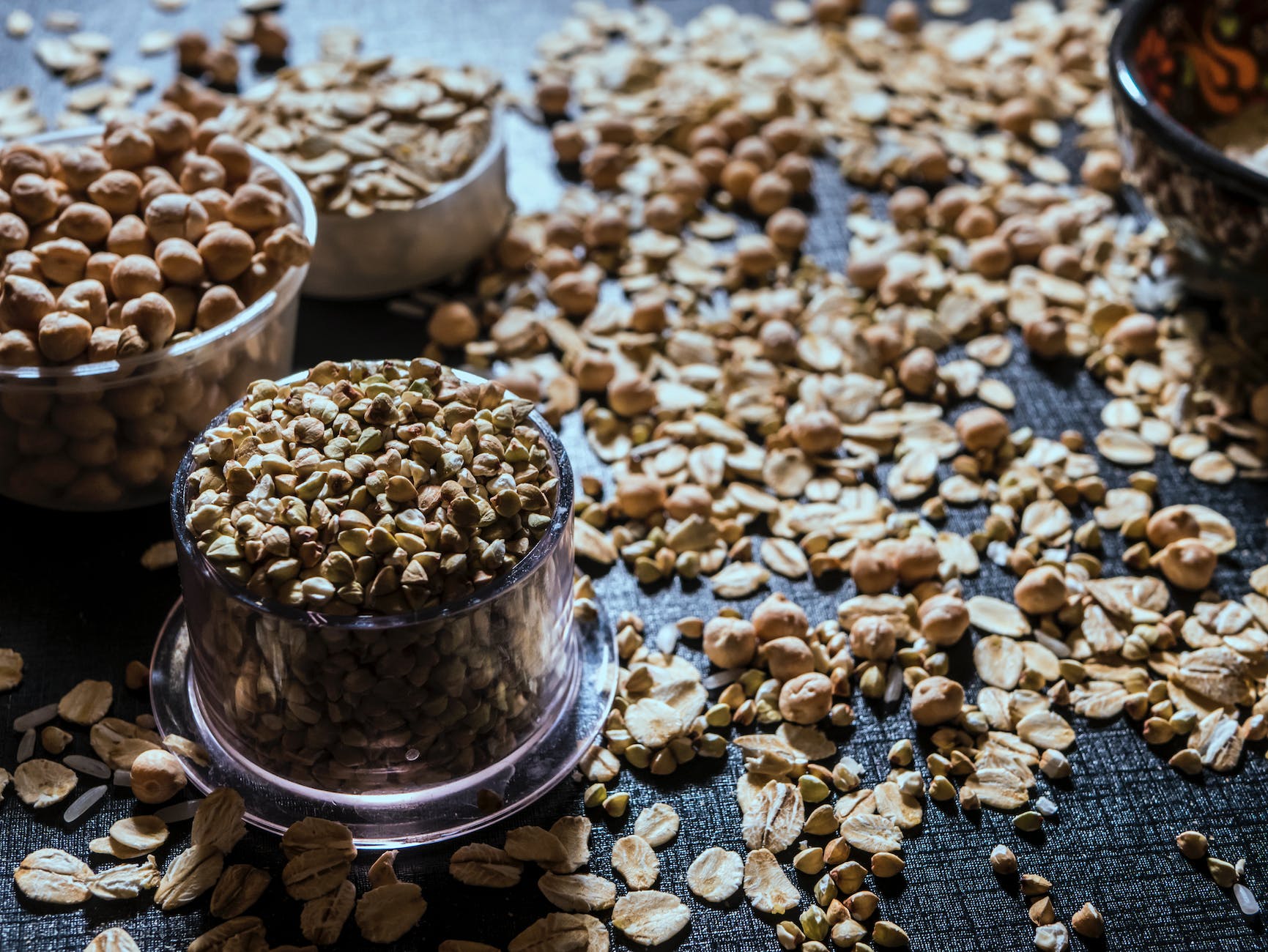
Introduction: Unraveling the Aspartame Enigma
Aspartame, a name that often stirs debate in health circles, is one of the most widely used artificial sweeteners in the world. Found in everything from diet sodas to sugar-free gum, its presence is ubiquitous. But with its popularity comes a slew of questions, concerns, and myths. In this comprehensive guide, we’ll explore the origins of aspartame, its health implications, and address the burning question: Is aspartame truly bad for you?
1. What is Aspartame?
Definition and Chemical Composition
Aspartame is a low-calorie artificial sweetener, approximately 200 times sweeter than sucrose (table sugar). Chemically, it’s a dipeptide made from the amino acids aspartic acid and phenylalanine.
History and Discovery
The discovery of aspartame was somewhat serendipitous. In 1965, James M. Schlatter, a chemist, was working on an anti-ulcer drug when he accidentally stumbled upon the sweet taste of aspartame. Since then, it has become a staple in the food industry, offering a sugar-free alternative for those watching their calorie intake.
Common Products Containing Aspartame
Aspartame is found in a myriad of products. Some of the most common include:
- Diet Sodas: Such as Diet Coke and Coke Zero.
- Sugar-Free Gum: Brands like Trident and Extra often use aspartame for sweetness.
- Desserts: Especially those labeled “sugar-free” or “low-calorie”.
- Yogurts: Some low-calorie or diet yogurts incorporate aspartame as a sweetening agent.
2. The Health Concerns Surrounding Aspartame:
General Health Concerns
Over the years, aspartame has been the subject of numerous studies and health debates. Some claim it’s a harmless sugar substitute, while others believe it poses health risks ranging from headaches to more severe conditions.
Addressing Common Myths and Misconceptions
- Cancer Risk: One of the most widespread myths is that aspartame can cause cancer. While some early studies suggested a potential link, many reputable organizations, including the International Agency for Research on Cancer (IARC), have found no conclusive evidence to support this claim.
- Weight Gain: Another misconception is that aspartame can lead to weight gain. While it’s true that some people might consume more calories thinking they’re saving on sugar, aspartame itself has no caloric value and thus doesn’t directly contribute to weight gain.
- Neurological Disorders: Concerns about aspartame causing conditions like Alzheimer’s or seizures have been largely debunked by extensive research.
Scientific Studies and Their Findings
Several studies have been conducted to ascertain the safety of aspartame. The FDA, after rigorous reviews, has deemed aspartame safe for consumption. Similarly, the NHS has stated that aspartame consumption within recommended limits poses no immediate health risks.
3. The Benefits of Aspartame: Not Just a Sugar Substitute
Caloric Reduction for Weight Management
Aspartame offers a sweet taste without the calories of sugar, making it a popular choice for those looking to reduce their caloric intake. For individuals on weight loss journeys or those with diabetes, aspartame can be a game-changer, allowing them to enjoy sweet flavors without the associated calorie or sugar spike.
Dental Health Advantages
Unlike traditional sugars, aspartame doesn’t contribute to tooth decay. Sugars are known culprits for cavities as they provide food for harmful bacteria in the mouth. Aspartame, on the other hand, doesn’t have this effect, making it a preferred sweetener in chewing gums like PUR gum and other oral care products.
Suitable for Diabetics
People with diabetes need to monitor their carbohydrate intake, especially sugars. Aspartame provides a way for diabetics to enjoy sweetened foods and beverages without affecting their blood sugar levels.
Cost-Effective Production
From a manufacturing perspective, the intense sweetness of aspartame means that only small amounts are needed to achieve the desired sweetness level. This can lead to cost savings in production, which can potentially be passed on to consumers.
List of Popular Products with Aspartame Benefits:
- Sugar-Free Desserts: Allows for indulgence without the sugar content.
- Diet Beverages: Enjoy the fizz without the calories.
- Sugar-Free Jellies and Jams: Sweetness without the sugar spike.
- Low-Calorie Yogurts: Creamy texture and taste, minus the high sugar content.
4. Potential Side Effects and Controversies
Reported Side Effects
While many people consume aspartame without any issues, some have reported side effects, including:
- Headaches: Some individuals claim to experience headaches after consuming products with aspartame.
- Digestive Issues: Symptoms like bloating, gas, and diarrhea have been reported, though they are relatively rare.
- Allergic Reactions: Very few cases of allergic reactions to aspartame have been documented, but they can include hives or itching.
Phenylketonuria (PKU) and Aspartame
One of the significant health concerns regarding aspartame is its effect on individuals with Phenylketonuria (PKU). PKU is a rare genetic disorder where the body can’t process phenylalanine, an amino acid present in aspartame. For those with PKU, it’s crucial to avoid aspartame.
Research and Findings
While there have been claims about aspartame’s link to various health conditions, extensive research and reviews by organizations like the FDA and Mayo Clinic have found no consistent evidence to support most of these claims. However, it’s always essential for consumers to be informed and make dietary choices based on their individual health needs and reactions.
5. Making an Informed Decision: Is Aspartame Right for You?
Personal Tolerance Levels
Like many food ingredients, people’s reactions to aspartame can vary. It’s essential to observe how your body responds and make choices based on personal experiences.
Consulting with Health Professionals
If you’re unsure about including aspartame in your diet, especially if you have existing health conditions, it’s always a good idea to consult with a nutritionist or healthcare provider.
Reading Labels
Being an informed consumer means checking product labels. If you’re trying to avoid aspartame or any other ingredient, always read the nutrition and ingredient labels on packaged foods and beverages.
6. Debunking Myths: Separating Fact from Fiction
Myth 1: Aspartame Causes Cancer
Fact: Over the years, there have been concerns about aspartame being linked to various types of cancers. However, extensive studies, including those by the World Health Organization (WHO) and the U.S. Food and Drug Administration (FDA), have found no concrete evidence to support these claims. It’s essential to base our understanding on scientific research rather than hearsay.
Myth 2: Aspartame Leads to Weight Gain
Fact: Aspartame is often used in low-calorie and diet products to reduce sugar and calorie content. While some argue that artificial sweeteners can increase appetite, current research does not conclusively support this claim. Individual experiences may vary, but aspartame itself doesn’t contain calories that contribute to weight gain.
Myth 3: Aspartame is Unsafe for Pregnant Women
Fact: Moderate consumption of aspartame is considered safe for pregnant women. However, like all things during pregnancy, it’s always best to consult with a healthcare professional regarding dietary choices.
Myth 4: Aspartame Causes Alzheimer’s Disease
Fact: There’s no scientific evidence linking aspartame consumption to Alzheimer’s disease. It’s crucial to rely on credible sources and research when considering such claims.
7. Aspartame in Popular Brands: What You Should Know
Coca-Cola and Aspartame
Coca-Cola has several diet and zero-calorie beverages that use aspartame as a sweetener. While they ensure the safety of their products, it’s always a good idea to check the ingredient list if you’re looking to avoid or limit aspartame.
Gum Brands and Aspartame
Many sugar-free gums, including brands like Trident and Extra, use aspartame to provide sweetness without the sugar. However, there are also aspartame-free alternatives available in the market, such as PUR gum.
Yogurts and Aspartame
Some low-calorie or diet yogurts might contain aspartame as a sweetening agent. Brands like Dannon Light and Fit could have variants with aspartame, so always check the label if you’re concerned.
8. The Global Perspective: Aspartame Usage Worldwide
Regulations and Approvals
Different countries have their regulatory bodies, like the FDA in the U.S., which assess the safety of food additives. Aspartame has been approved for use in over 90 countries, with each having its guidelines on acceptable daily intake.
Consumer Preferences
While aspartame is widely accepted in many parts of the world, consumer preferences vary. In some regions, there’s a strong inclination towards natural sweeteners, while in others, aspartame remains a popular choice due to its calorie-free sweetness.
List of Countries and Their Stance on Aspartame:
- United States: Approved by the FDA.
- United Kingdom: Approved by the Food Standards Agency.
- Australia: Approved by Food Standards Australia New Zealand.
- Canada: Approved by Health Canada.
9. Side Effects and Health Concerns: What Research Says
Aspartame and Migraines
Fact: Some individuals have reported migraines after consuming products containing aspartame. While these reports are anecdotal, if you suspect a link between your migraines and aspartame, it’s advisable to consult with a healthcare professional.
Digestive Issues
Fact: A small percentage of people might experience digestive issues, such as bloating or an upset stomach, after consuming aspartame. It’s essential to listen to your body and determine if certain foods or additives might be causing discomfort.
Allergic Reactions
Fact: Allergic reactions to aspartame are rare but not unheard of. Symptoms can include hives, itching, or nasal congestion. If you believe you’re experiencing an allergic reaction, seek medical attention immediately.
Mood and Behavior
Fact: There have been claims about aspartame affecting mood and behavior, including reports of depression or irritability. However, scientific studies have not found a consistent link between aspartame consumption and changes in mood or behavior.
10. Making Informed Choices: Tips for Consumers
Read Labels Carefully
Always check product labels to see if they contain aspartame, especially if you’re trying to avoid it. This is particularly important for people with phenylketonuria (PKU), a rare genetic disorder.
Moderation is Key
Like all things, it’s essential to consume aspartame in moderation. Stay within the recommended daily intake to ensure you’re not over-consuming.
Consult with Healthcare Professionals
If you have concerns about aspartame or any other ingredient, it’s always best to consult with a nutritionist or doctor. They can provide guidance tailored to your specific health needs and conditions.
Stay Updated with Research
The world of nutrition and food science is always evolving. Stay updated with the latest research on aspartame and other food additives to make informed decisions.
11. The Verdict: Is Aspartame Safe?
After decades of research and countless studies, the majority of scientific evidence suggests that aspartame, when consumed within the recommended daily intake, is safe for the general population. However, individual reactions can vary, and it’s crucial to listen to your body and consult with healthcare professionals if you have concerns.
12. Engage with Us!
We value your feedback and experiences. Have you noticed any effects after consuming aspartame? Do you choose to avoid it? Share your thoughts and join the conversation in the comments section below. And don’t forget to check out our previous posts on aspartame for a comprehensive understanding.
FAQs about Aspartame
- What is aspartame?
Aspartame is a low-calorie artificial sweetener used in various food and beverage products. It’s approximately 200 times sweeter than sucrose (table sugar). - Why is aspartame used in products?
Due to its intense sweetness, aspartame is used in small amounts to sweeten products without adding significant calories, making it a popular choice for diet and sugar-free products. - Are there any health risks associated with aspartame?
Most scientific studies conclude that aspartame is safe for consumption within the recommended daily intake. However, some individuals might experience side effects, and it’s essential to consult with a healthcare professional if concerns arise. - How does aspartame compare to other artificial sweeteners?
Aspartame is one of several artificial sweeteners available. Each has its own properties, sweetness levels, and potential side effects. It’s crucial to research and understand each one to make informed choices. - Is aspartame safe for pregnant women?
Generally, moderate consumption of aspartame is considered safe during pregnancy. However, it’s always best to consult with a healthcare provider regarding dietary choices during pregnancy. - Why do some people claim aspartame causes headaches?
Some individuals report migraines or headaches after consuming aspartame. While these reports are anecdotal, if you suspect a link, it’s advisable to monitor your intake and consult with a healthcare professional. - Does aspartame affect blood sugar levels?
Aspartame has a minimal impact on blood sugar levels, making it a choice for many people with diabetes. However, always check with a healthcare provider before making dietary changes. - Are there natural alternatives to aspartame?
Yes, there are natural sweeteners like stevia and monk fruit extract that serve as alternatives to artificial sweeteners like aspartame. - How is aspartame metabolized in the body?
Once ingested, aspartame breaks down into its constituent components, including aspartic acid, phenylalanine, and methanol, which are then processed by the body. - Is aspartame safe for children?
Aspartame is generally considered safe for children in moderate amounts. However, it’s essential to ensure children have a balanced diet and limit excessive consumption of sweetened products. - What products commonly contain aspartame?
Aspartame can be found in various products, including diet sodas, sugar-free gum, sugar-free desserts, and some medications. - How can I identify aspartame on product labels?
Manufacturers list aspartame in the ingredients section, often accompanied by a note for individuals with phenylketonuria (PKU) due to the phenylalanine component. - Are there any long-term studies on aspartame consumption?
Numerous studies have been conducted on aspartame over the decades, with most concluding that it’s safe for long-term consumption within the recommended limits. - Why is there controversy surrounding aspartame?
Like many artificial additives, aspartame has been the subject of debate and misinformation. It’s essential to rely on credible, scientific sources when researching its effects. - Does aspartame cause weight gain?
Aspartame itself doesn’t cause weight gain. However, individual dietary habits and overall calorie intake play a more significant role in weight management. - Is aspartame keto-friendly?
Aspartame has minimal carbs and doesn’t significantly impact blood sugar, making it an option for those on a ketogenic diet. However, individual responses can vary. - Can I cook or bake with aspartame?
Yes, aspartame can be used in cooking and baking, but it may lose some sweetness when exposed to high temperatures for extended periods. - Are there any environmental concerns with aspartame production?
As with any industrial production, there are environmental considerations. However, aspartame’s production is similar to other food additives in terms of environmental impact. - How does aspartame taste compared to sugar?
While aspartame is much sweeter than sugar, some people detect a slight aftertaste. Taste perceptions can vary among individuals. - Where can I find more information about aspartame and its effects?
For comprehensive information, consult scientific journals, reputable health organizations, and registered dietitians or nutritionists.
Blog Tags:
Aspartame, Artificial Sweeteners, Diet Products, Sugar Alternatives, Health Risks, Food Additives, Migraines, Digestive Issues, Allergic Reactions, Dietary Choices, Phenylketonuria, Low-Calorie Sweeteners, Natural Alternatives, Blood Sugar, Keto Diet, Cooking with Aspartame, Weight Management, Food Labels, Environmental Impact, Taste Comparison.















